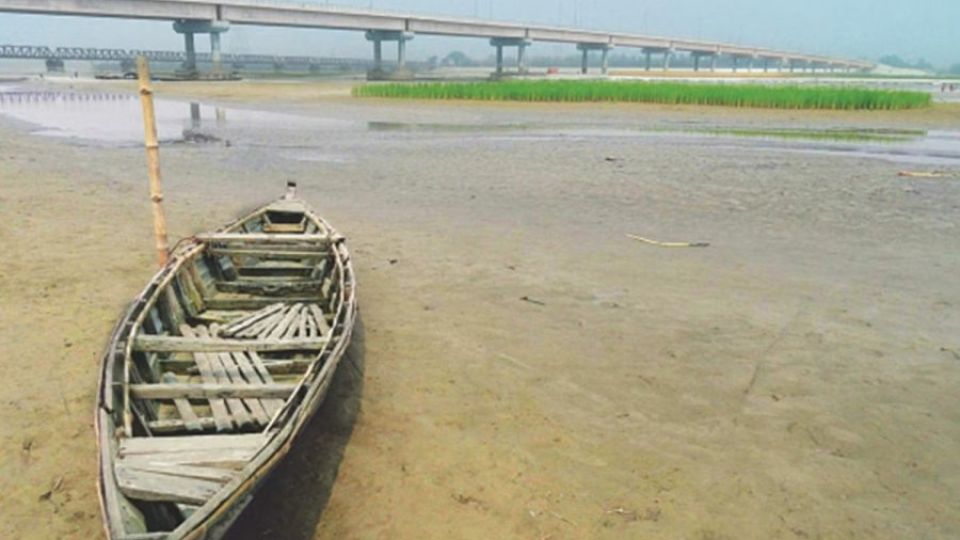Bangladesh’s interim government under Chief Adviser Muhammad Yunus has formally initiated the long-debated Teesta Master Plan with Chinese funding and technical support, raising fresh concerns in New Delhi about the strategic implications along the sensitive India-Bangladesh border.
According to officials in Planning Adviser Wahiduddin Mahmud’s office, Dhaka has submitted an official proposal to Beijing for the project’s first phase, estimated at Taka 9,150 crore. Of this, Taka 6,700 crore has been sought as financial assistance from China. The multipurpose river project is intended for irrigation, flood control and drinking water supply across northern Bangladesh, particularly Rajshahi, Rangpur and Chapainawabganj.
Under the plan, a large reservoir will store water during the monsoon, which will then be redirected for agriculture and domestic consumption throughout the dry season.
India-China contest over the project
For years, the Teesta initiative has been an arena of quiet competition between India and China. A joint India-Japan proposal had once been under serious consideration, with former Prime Minister Sheikh Hasina openly expressing her preference for Indian execution of the project. Indian engineers were scheduled to visit Dhaka shortly before Hasina’s sudden ouster on August 5, 2024, which shifted the balance in Beijing’s favour.
“The project was hanging in the balance for years. But Hasina’s fall changed the entire equation,” said an official in India’s Ministry of External Affairs (MEA).
Strategic location sparks Indian concerns
The project site lies close to India’s North Bengal region and the Siliguri Corridor, also known as the “Chicken Neck,” a narrow land stretch linking mainland India with the Northeast. Indian security analysts warn that a prolonged Chinese presence in the area could pose risks to India’s defence infrastructure, including the Hasimara air base in West Bengal.
“This isn’t just about water. It’s about geography and proximity to our most sensitive military zone,” a retired Indian Defence official observed.
Political push from BNP and Beijing’s outreach
The Bangladesh Nationalist Party (BNP) has long supported Chinese involvement in the Teesta project. Its leaders, including Secretary General Mirza Fakhrul Islam Alamgir and senior figure Moin Khan, held multiple rounds of talks in Beijing, promising to fast-track the scheme if the BNP returned to power. In recent months, BNP organised marches in northern districts demanding the project’s execution, often led by its top leadership.
Meanwhile, the Chinese ambassador in Dhaka has actively cultivated ties with not just the BNP but also Jamaat-e-Islami and the Nationalist Citizen Party (NCP), betting on BNP’s future electoral prospects.
Yunus government moves after Beijing talks
Chief Adviser Muhammad Yunus revived the project after his visit to China in March 2025, where he held direct talks with Beijing’s irrigation minister. Sources indicate that Dhaka weighed BNP’s political stance and China’s eagerness before making the proposal official.
With the plan now formally in motion, India faces renewed strategic dilemmas over the growing Chinese footprint in Bangladesh’s river infrastructure—right on its vulnerable eastern flank.


